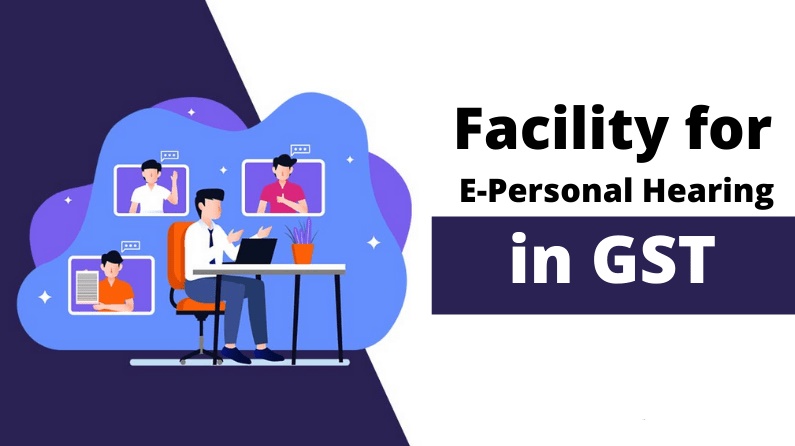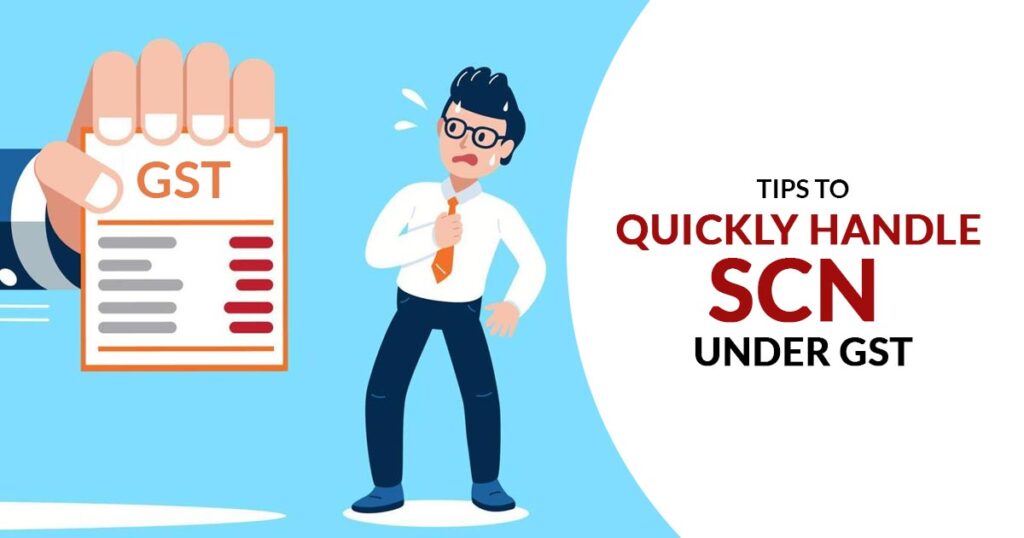Talk To CA/CS Instantly At India's Most Trusted Tax & Compliance Platform
Expertise Meets Innovation
Tailored Tax Solutions
Innovative Advisory Services
Comprehensive Financial Hub
GST Personal Hearing
In India, under the Goods and Services Tax (GST) regime, personal hearings might be conducted for various reasons, such as disputes, clarifications, or assessments. Here’s an overview of GST personal hearings:
Circumstances for Personal Hearings:
Disputes or Appeals: When there’s a disagreement between the taxpayer and the GST department, a personal hearing might be requested or scheduled to present the case.
Notice for Clarifications: If the tax department requires additional information or clarification regarding a taxpayer’s filing or transactions, they might call for a personal hearing.
Process of GST Personal Hearings:
Notice Issuance: The GST department sends a notice specifying the reasons and details necessitating the personal hearing.
Request for Hearing: The notice typically mentions a date, time, and location for the hearing. If needed, the taxpayer can request a change in the schedule due to genuine reasons.
Hearing Proceedings: During the hearing, the taxpayer (or their authorized representative) presents their case, provides explanations, submits documents, and addresses queries or concerns raised by the GST authorities.
Document Submission: Relevant documents supporting the taxpayer’s position should be provided during or before the hearing to substantiate claims or clarify issues.
Department’s Assessment: Post the hearing, the GST authorities evaluate the presented information, arguments, and documents before making a decision.
Important Points to Consider:
Preparation: Thoroughly prepare for the hearing by organizing all necessary documents and information related to the matter under discussion.
Representation: Taxpayers often engage tax professionals or legal experts to represent them during these hearings for better clarity and guidance.
Adherence to Guidelines: Follow the guidelines and instructions provided in the hearing notice, ensuring compliance with the specified procedures and timelines.
Outcome:
Decision or Order: Following the hearing and assessment, the GST department issues a decision or order, either resolving the issue or outlining further actions required from the taxpayer’s end.
Appeal Process:
If the taxpayer disagrees with the decision made after the personal hearing, they can appeal to higher authorities, such as the GST Appellate Tribunal or higher courts, depending on the nature and magnitude of the dispute.
Timelines and Compliance:
It’s crucial to adhere to the timelines mentioned in the hearing notice and provide accurate and complete information during the GST personal hearing process in India.
GST personal hearings serve as a crucial platform for taxpayers to present their case and provide explanations or clarifications regarding GST-related matters, aiming for a fair resolution of disputes or discrepancies.







